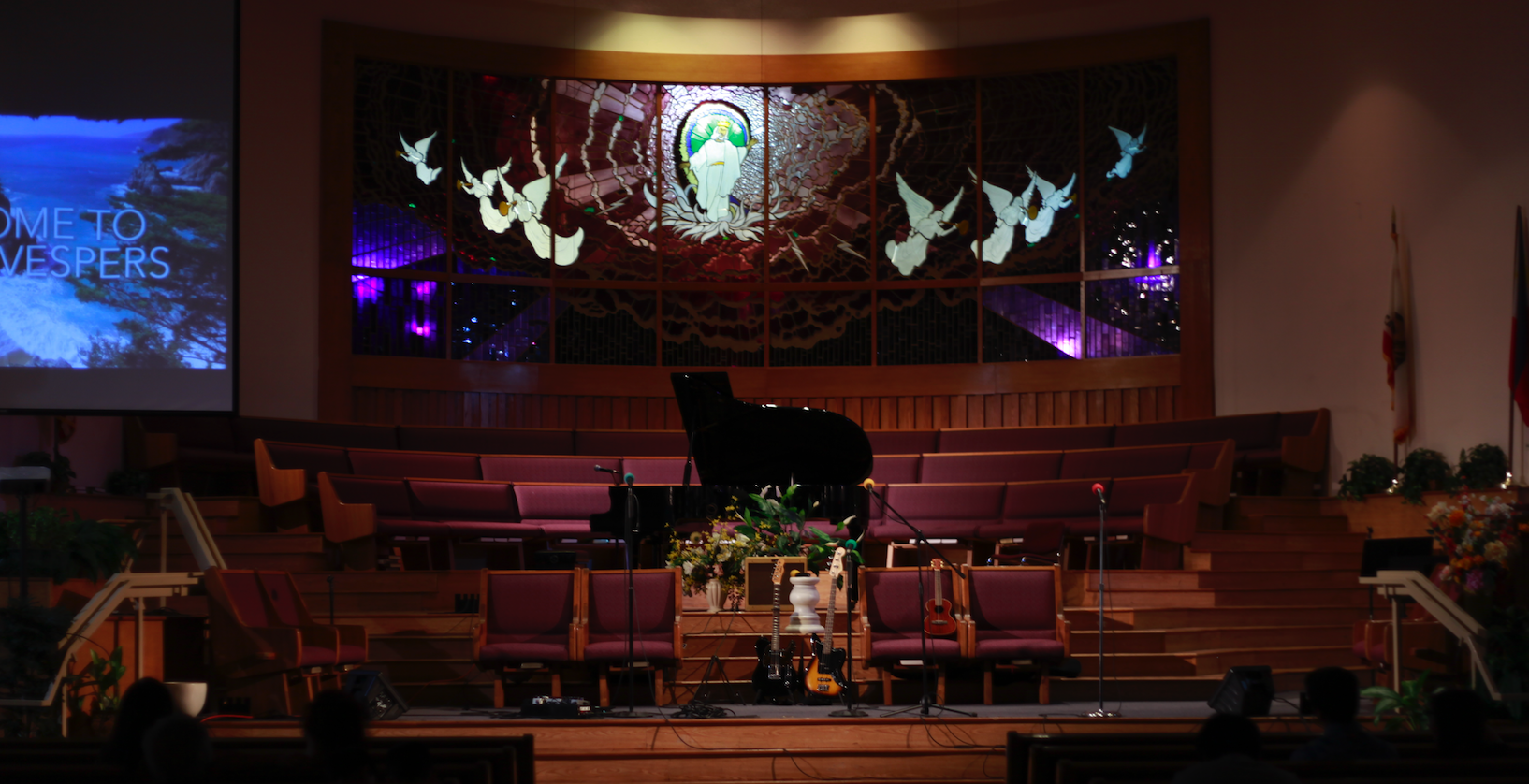For years, he was called a madman for toiling away on the rocks. But Dashrath Manjhi was not crazy. His quest to break a path through a small mountain to benefit the entire village is now legendary because he carved an entire road with hand tools, working for 22 years.
Manjhi started off his extraordinary task in 1960, after his wife was injured while trekking up the side of one of the rocky footpaths. To get to the nearest hospital, he had to travel around the mountains, some 70 kilometers. She died as they were not able to reach the doctors on time to save her.
Dashrath Manjhi wanted his people to have easier access to doctors, schools, and opportunity. Armed with only a sledge hammer, chisel, and crowbar, he single-handedly began carving a road through the 300-foot mountain that isolated his village from the nearest town.
He sold the family’s three goats to buy the hammer and chisels and worked every day on the project to make it successful. After plowing fields for others in the morning, he would work on his road all evening and throughout the night.
After 22 years, Dashrath Das Manjhi had broken the mountain; he had carved out a road 360 feet long, 30 feet wide. Wazirganj, with its doctors, jobs, and school was no 5 kilometers away. People from 60 villages in Atri could use his road.
The health of his village is owned to the man that carved through a mountain, Dashrath Manjhi.
This is a story of a man who did something so that the tragedy that he experienced in his life would not be felt by any other man. He didn’t have heavy duty machines to do the herculean task but he found a way to do it by using crude and simple tools, with his blood, seat and tears and by earning his way during the day and toiling on it in the night.
He was mocked and ridiculed as a mad man, but his vision, his determinations and grit, his commitment to this goal and his love for people who wouldn’t care, earned him the success that he coveted. In the end, he was recognized for his achievement and hundreds of people from his village and the outlying areas became eternally grateful to him for their easy access to education, health care and the very preservation of their lives.
Manjhi reminds us of Jesus. He was rich and yet He became poor so that through his poverty we may be made rich. And He endured everything, even death on the cross for people who didn’t care. “He came unto His own and His own received Him not.” (John 1:11) But He endured it all because of the joy that was set before Him, the joy of seeing people eternal saved in the kingdom because of His sacrifice. (Hebrews 12:2)

